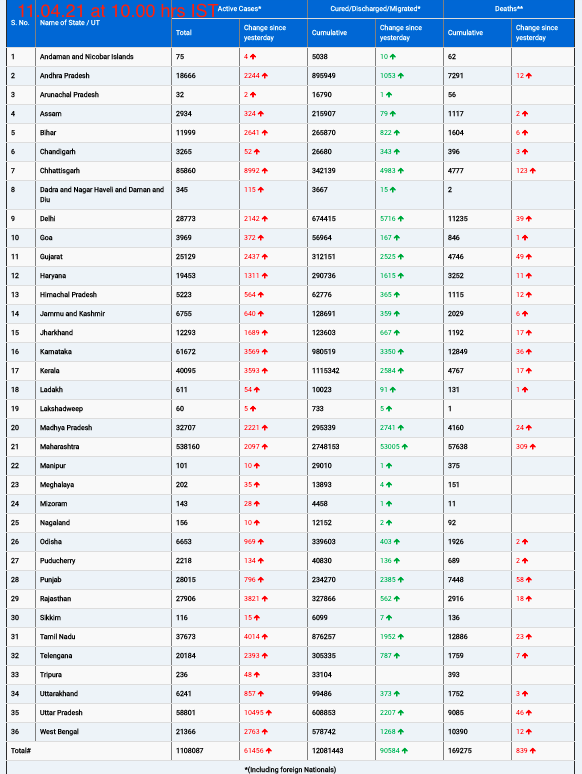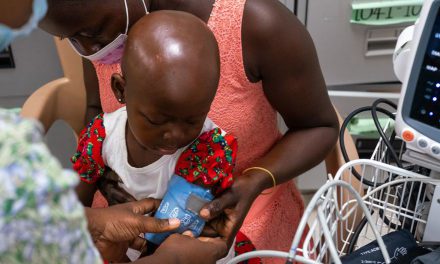A groundbreaking AI-powered chatbot developed by researchers at Keele University has the potential to revolutionize mental health care by eliminating common barriers to support, according to the team behind the innovation.
Led by Dr. Baidaa Al-Bander from Keele’s School of Computer Science and Mathematics, the research focuses on developing a chatbot that is more “emotionally aware” than conventional AI models. The findings, published in the journal Cognitive Computation and Systems, highlight how this chatbot can provide timely and accessible mental health care to those in need.
Addressing Global Mental Health Challenges
According to the World Health Organization, mental health disorders affect approximately 25% of the global population. Factors such as stigma, geographic limitations, and a worldwide shortage of mental health professionals further exacerbate this issue, leaving millions without adequate support.
To address these challenges, mental health chatbots have been introduced as a potential solution. However, existing models often lack crucial features, including emotion recognition, personalization, multilingual capabilities, and ethical appropriateness. As a result, their effectiveness in providing meaningful mental health assistance has been significantly limited.
How the Emotion-Aware Chatbot Works
The Keele University research team has designed a new emotion-aware psychological first-aid (PFA) chatbot. This AI model integrates an emotional distress detection system based on Google’s BERT language model and fine-tuned using OpenAI’s GPT technology.
Unlike traditional AI systems, the PFA chatbot leverages deep learning models—artificial neurons that learn from data to solve complex problems. The model was trained on anonymized therapy session transcripts, allowing it to recognize emotional distress with a high degree of accuracy. In testing, the chatbot correctly identified emotions in over 83% of cases and provided psychological first-aid that was considered both ethical and appropriate.
Additionally, the chatbot is multilingual, enabling it to reach a broader audience across different regions and languages. This makes it a valuable tool for those who may struggle to access mental health support due to language barriers.
A Complementary Tool, Not a Replacement
While the researchers emphasize that the chatbot is not a substitute for professional medical treatment, they believe it can be a valuable tool in overcoming existing obstacles to mental health care. By offering immediate emotional support, the chatbot could work alongside traditional mental health services to enhance accessibility and early intervention.
Lead researcher Dr. Baidaa Al-Bander explained, “Our research focuses on creating an AI-powered chatbot designed to provide emotional support and mental health assistance. Using advanced language models, the system can detect emotional distress in conversations and offer empathetic, personalized responses in multiple languages. This work highlights how AI can be used to make mental health support more accessible and help people navigate challenging emotional experiences in a safe and ethical way.”
Future Implications
With mental health care facing significant challenges worldwide, AI-driven solutions like Keele University’s PFA chatbot present a promising avenue for bridging gaps in mental health support. By integrating emotion recognition and ethical AI responses, this technology could play a crucial role in making mental health care more inclusive and widely available.
For more details, refer to the published study: Olajumoke Taiwo et al., Emotion‐Aware Psychological First Aid: Integrating BERT‐Based Emotional Distress Detection with Psychological First Aid‐Generative Pre‐Trained Transformer Chatbot for Mental Health Support, Cognitive Computation and Systems (2025). DOI: 10.1049/ccs2.12116
Disclaimer: This article is for informational purposes only and does not constitute medical advice. Individuals experiencing mental health issues should seek professional help from a qualified healthcare provider.












